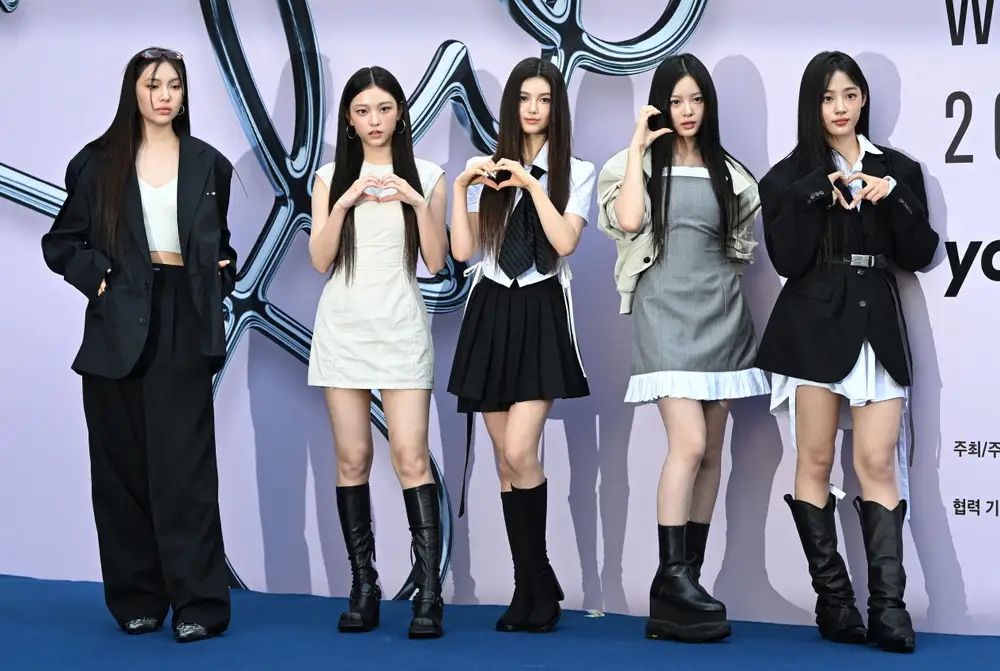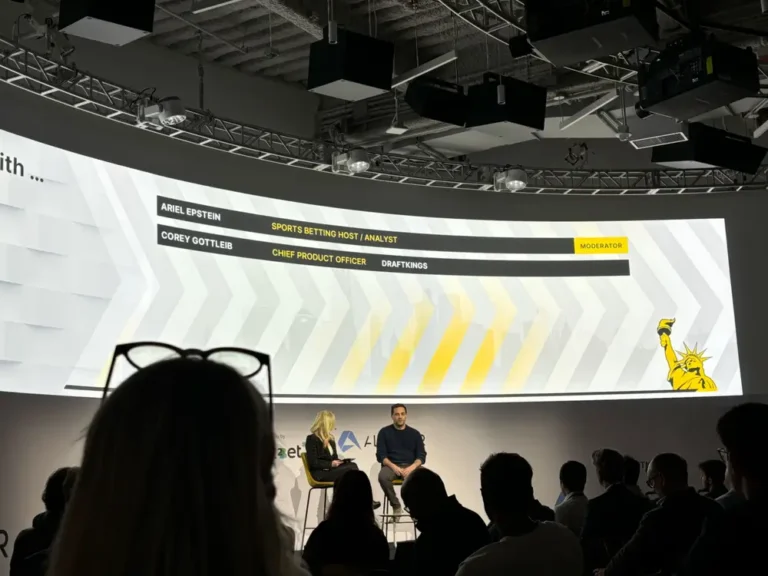South Korea says K-pop stars aren’t classed as workers and don’t get labor rights

The government in South Korea said that it does not consider members of the K-pop girl group NewJeans as workers.
South Korea’s government on Wednesday dismissed a workplace harassment case involving K-pop star Hanni, saying the singer was not legally classified as a worker.
Hanni, a member of NewJeans, recently testified in South Korea’s National Assembly as part of a larger hearing on workplace harassment in the industry.
It came after she posted a YouTube livestream accusing the manager of another K-pop group under the same record label, Hybe, of telling artists to ignore her outside her company’s head office.
Hybe denied the claim, but Hanni’s fans filed a complaint with the Ministry of Employment and Labor.
The government agency this week closed the investigation.
In a statement to Billboard, it said: “Given the content and nature of the management contract HANNI signed, it is difficult to regard her as a worker under the Labor Standards Act, which involves working in a subordinate relationship for wages.”
It added that “each party fulfills their contractual obligations as equal contracting parties, making it difficult to consider there was supervision or direction from the company.”
The push and pull between what counts as work in South Korea’s entertainment industry has stretched on for years.
In a multi-authored discussion in the Korea Herald as early as 2011, contributor Cho Dae Won pointed out the loopholes in a proposed bill banning the sexualization and overwork of teen idols.
“If entertainers’ working week is based on a 40-hour week as with general workers, we have two questions; should we count the time spent during appearances on TV, or commuting time to appear in the studio too?” said Dae Won.
In the two years since their debut, NewJeans members have been global representatives for brands like Nike, Calvin Klein, and Levi’s. In April this year, Forbes Korea estimated the group brought in $27 million from advertising revenue.
Members of the group were paid $3.7 million each in 2023, according to documents cited by NME in April.
The Ministry’s ruling on South Korea’s musician rights is similar to the situation in the US.
According to an LA Times report, pop singers and songwriters are viewed as independent contractors under labor law unless they are in part of a union recognized by the National Labor Relations Board.
Unlike artists and actors in Hollywood’s film and TV industry, the Western music industry is largely without unions.
Representatives for HYBE and the South Korean Labor Ministry did not immediately respond to a request for comment from B-17.






